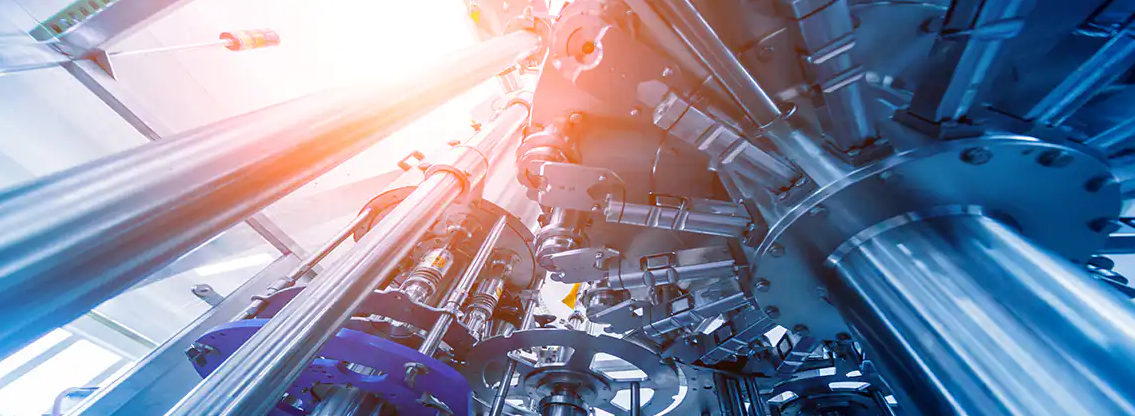When it comes to crafting precision parts and components, aluminum machining has emerged as one of the most efficient and versatile techniques. Aluminum, with its lightweight and excellent strength-to-weight ratio, has become a popular choice in various industries, including automotive, aerospace, electronics, and construction. This article will explore the process of aluminum machining, its benefits, and its applications.
Aluminum machining involves the use of computer numerical control (CNC) machines to shape and cut aluminum into specific forms and dimensions. CNC machines utilize pre-programmed computer software to control the movement of the cutting tools, ensuring precise and accurate results. The process typically begins with a block or sheet of aluminum being secured to the worktable, and the CNC machine starts cutting, milling, drilling, or turning the material according to the programmed specifications.
One of the primary benefits of aluminum machining is its versatility. Aluminum can be machined into a wide range of shapes and sizes, making it suitable for various applications. Whether it\’s creating intricate designs or simple geometric shapes, aluminum machining can accommodate the requirements of different industries. Moreover, aluminum machining allows for the production of both small and large quantities of parts, making it ideal for mass production.
Another advantage of aluminum machining is its high precision. CNC machines are known for their ability to achieve tight tolerances and consistent results. This precision is essential in industries where accuracy is paramount, such as aerospace and electronics. The use of computer software ensures that each aluminum part is machined with utmost accuracy, reducing the risk of errors and ensuring the quality of the final product.
Furthermore, aluminum machining offers excellent material properties. Aluminum is known for its lightweight nature, making it an ideal choice for applications where weight reduction is crucial. Despite its lightweight, aluminum exhibits excellent strength and durability, making it suitable for demanding environments. Additionally, aluminum is highly resistant to corrosion, further enhancing its suitability for various industries, including marine and automotive.
The applications of aluminum machining are vast and diverse. In the automotive industry, aluminum is commonly used for engine components, suspension parts, and body panels. Its lightweight properties contribute to improved fuel efficiency and overall vehicle performance. In the aerospace sector, aluminum machining is crucial for producing aircraft parts such as fuselage frames, wings, and landing gear. The lightweight nature of aluminum helps reduce aircraft weight, resulting in increased fuel efficiency and lower operating costs.

In the electronics industry, aluminum machining enables the production of heat sinks, chassis, and connectors. Aluminum\’s excellent thermal conductivity facilitates effective heat dissipation, ensuring the longevity and reliability of electronic devices. Additionally, aluminum machining plays a vital role in the construction industry, where it is utilized for window frames, roofing panels, and structural components. The combination of aluminum\’s strength, durability, and corrosion resistance makes it an excellent choice for architectural applications.
In conclusion, aluminum machining offers a multitude of benefits, making it a preferred choice for precision parts and components. Its versatility, high precision, and excellent material properties make it suitable for a wide range of industries. From automotive and aerospace to electronics and construction, aluminum machining plays a vital role in crafting precision with ease. As technology continues to advance, we can expect further improvements in aluminum machining techniques, enabling even more precise and efficient production of aluminum parts.

 0086-750-5616188
0086-750-5616188 +86 13392089688
+86 13392089688 sales@zhongmei-tech.com
sales@zhongmei-tech.com


.jpg)










